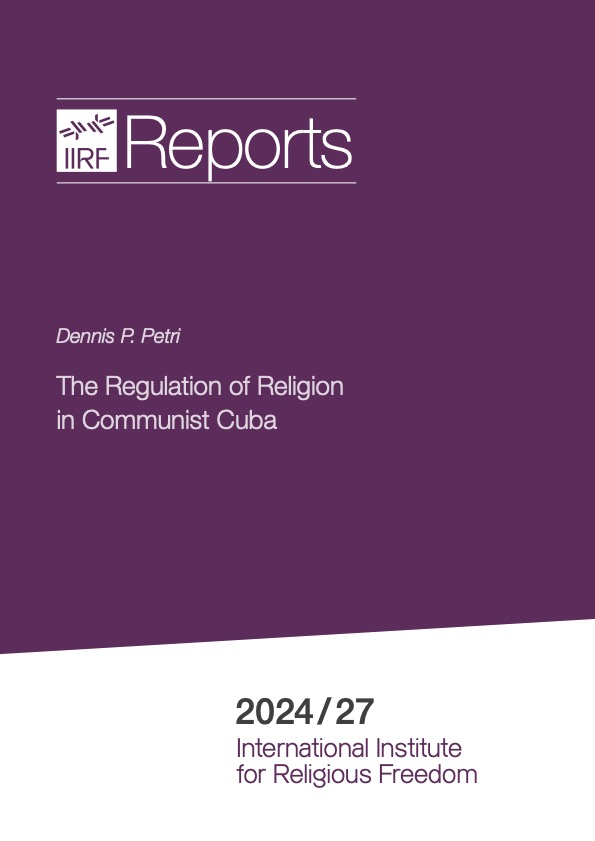Introduction
A longstanding debate in the social sciences concerns whether violence in civil conflicts targets specific groups or is indiscriminate. Security scholar Stathis Kalyvas, in his 2006 seminal book “The Logic of Violence in Civil War”, argues that indiscriminate violence is less likely when actors have high levels of information and control. He suggests that indiscriminate violence is often counter-productive, leading actors to move away from it as conflicts progress. Professor of public policy Jeremy Weinstein, in his 2007 book “Inside Rebellion: The Politics of Insurgent Violence”, posits that the level of indiscriminate violence
used by rebel groups is influenced by their initial resource endowments. Rebel groups that emerge in resource-rich environments tend to commit higher levels of indiscriminate violence, while those in resource-poor environments are more selective in their use of violence.
